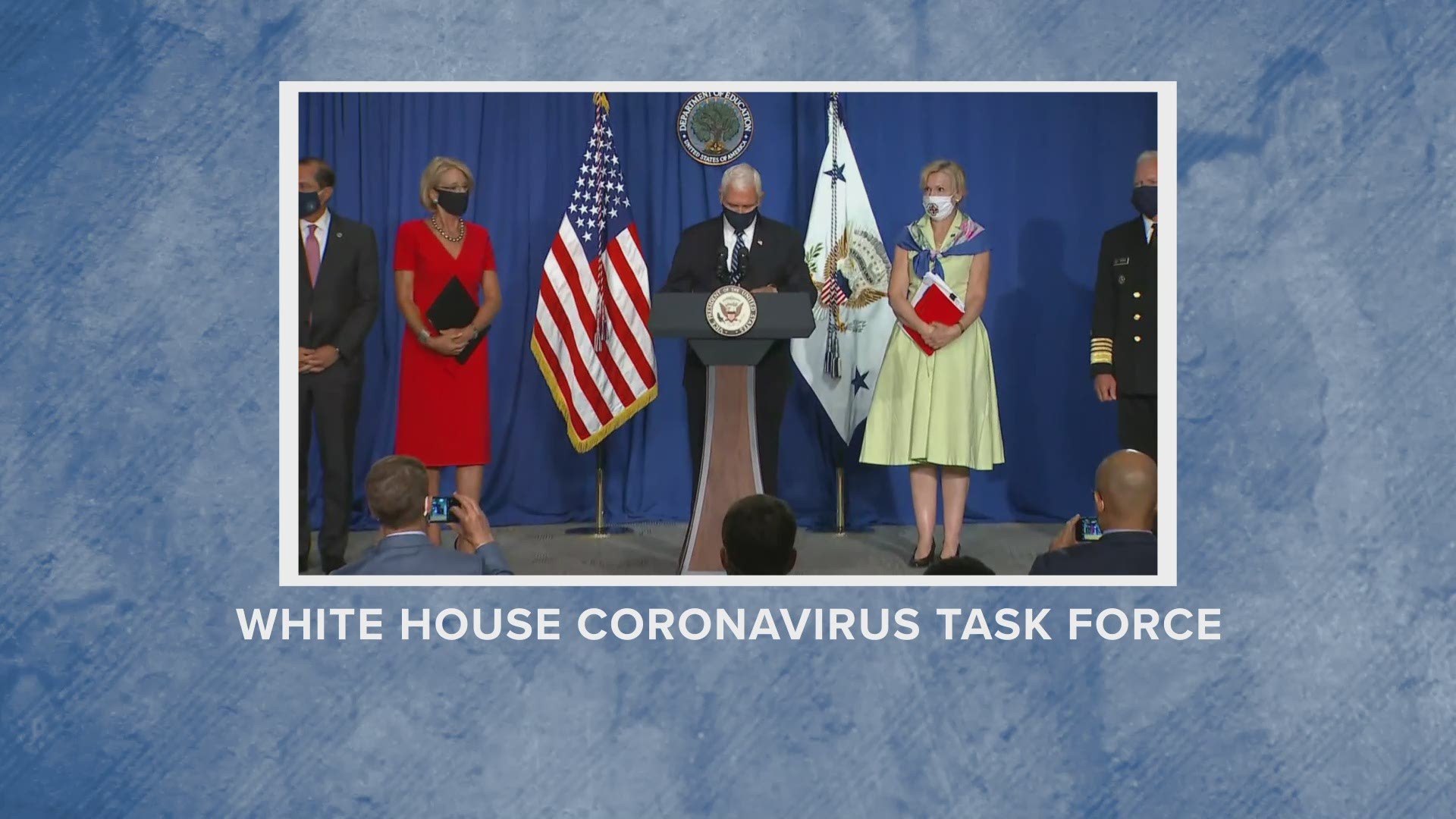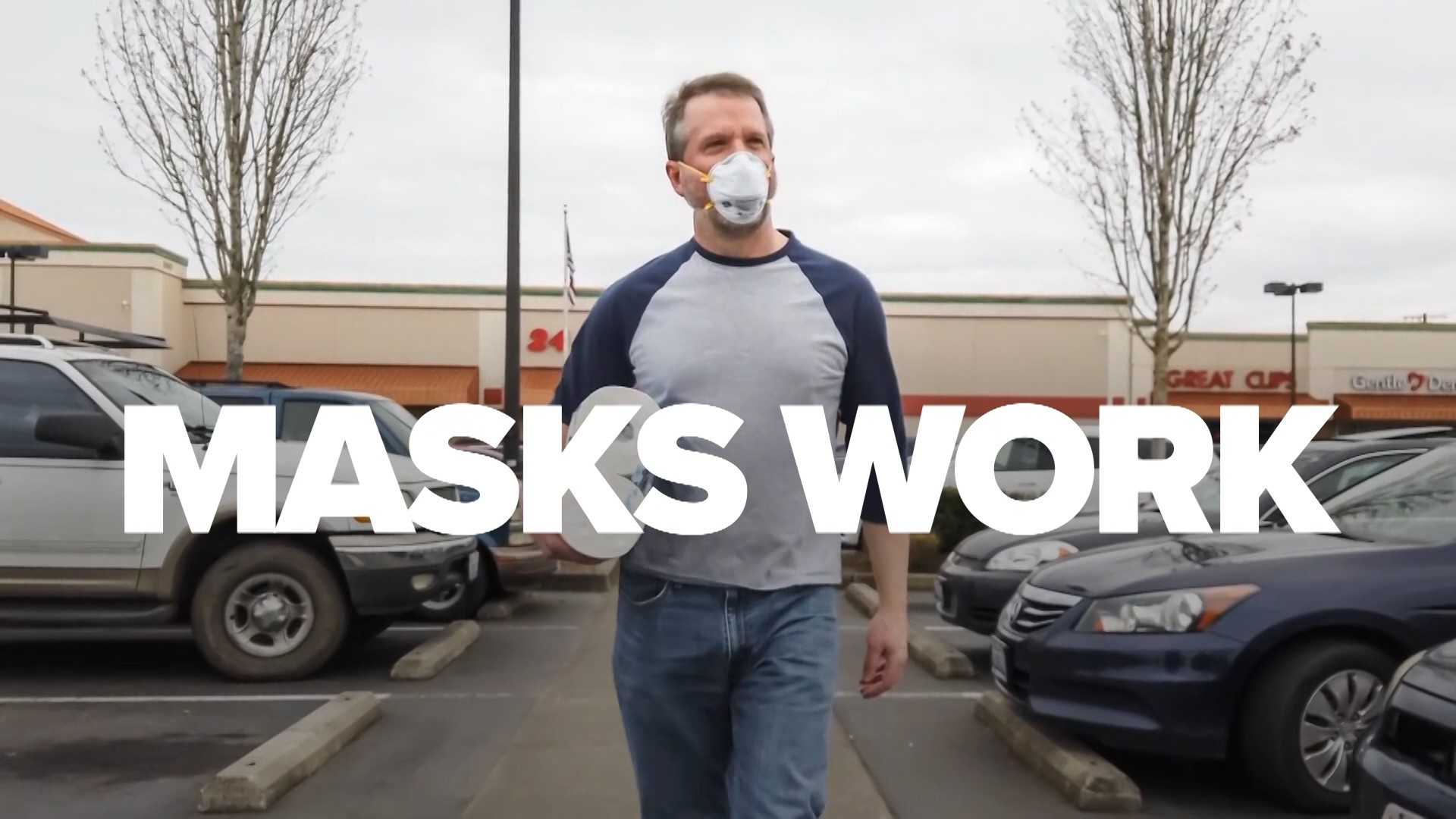Recovering from even mild coronavirus infections can take at least two to three weeks, according to U.S. research published Friday.
Lingering symptoms can even affect otherwise healthy young adults.
"In a multistate telephone survey of symptomatic adults who had a positive outpatient test result for SARS-CoV-2 infection, 35% had not returned to their usual state of health when interviewed 2–3 weeks after testing," the Centers for Disease Control and Prevention, which led the research, said on its website.
Among those aged 18 to 34 with no chronic illness, 1 in 5 were still experiencing COVID-19 symptoms after two to three weeks, the study found.
Cough, fatigue and body aches were among the most common persistent symptoms.
Most previous research on long-lasting COVID-19 symptoms has focused on sicker hospitalized adults. Only 7% of patients in the new study needed hospital treatment.
CDC researchers did phone surveys of 274 patients in several states who tested positive for the virus between the end of March and June 4. Patients were queried two to three weeks after those tests.
About one-third of middle-aged adults had not fully recovered, and for those 50 and older, the rate was almost half.
Patients with chronic illness, especially obesity, were more likely to have lingering symptoms.
The results are somewhat surprising, since with flu and many other viral infections, most patients recover completely within two weeks, said Dr. Wesley Self of Vanderbilt University. He leads a network of 14 medical centers that collaborated with the CDC on the study.
Some of the current U.S. spikes in infections are thought to be driven by young adults gathering in bars and other places. Self said the study results should underscore that they “should take social distancing very seriously.”
Although COVID-19 has disproportionately affected Blacks and Hispanics, they were not more likely than others in this study to face long recoveries.
___
The Associated Press Health and Science Department receives support from the Howard Hughes Medical Institute’s Department of Science Education. The AP is solely responsible for all content.


